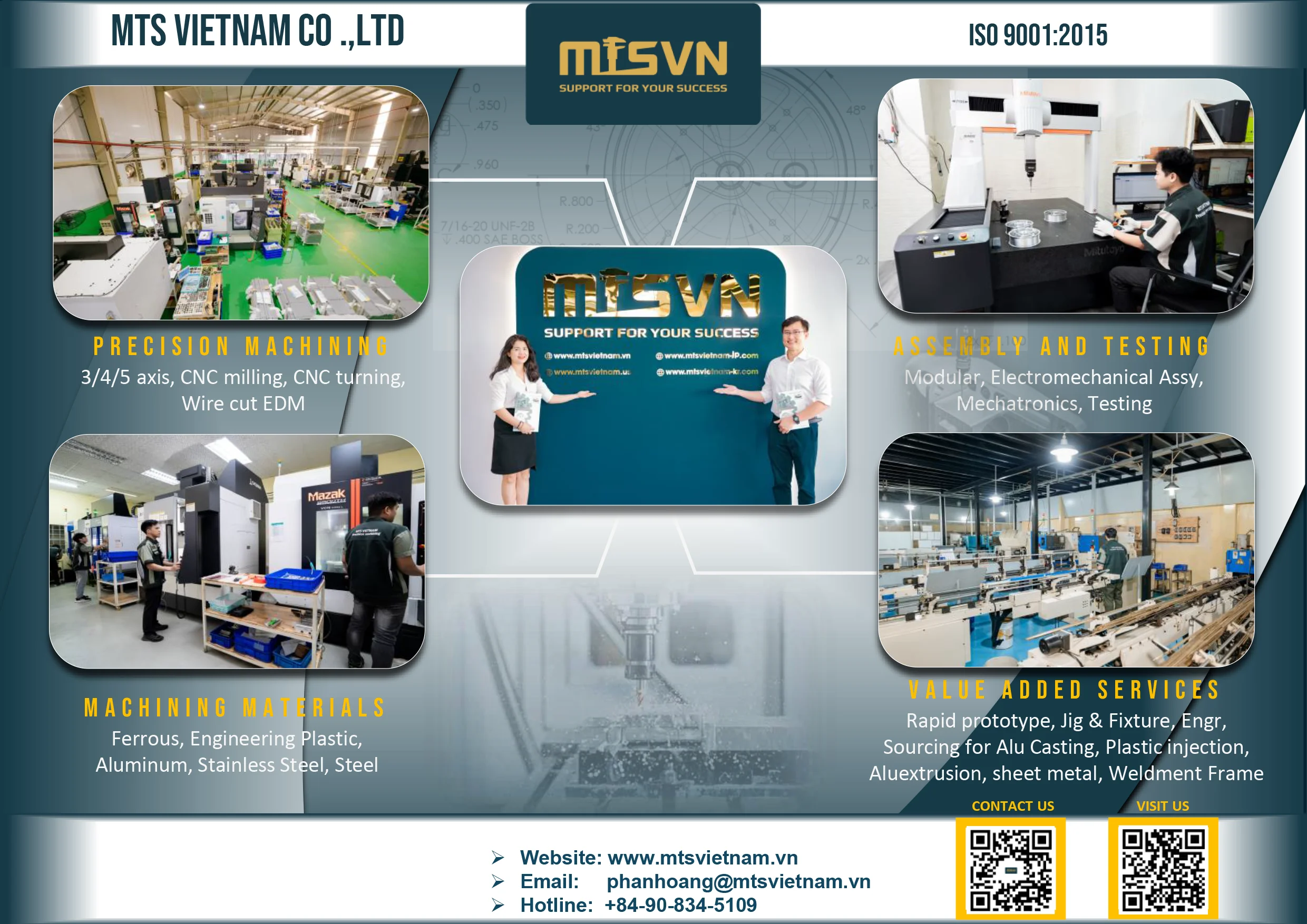In the ever-evolving field of precision mechanics, the role of advanced materials cannot be overstated. These materials are at the forefront of technological innovation, enabling the development of components and systems with unprecedented performance, durability, and efficiency. This article explores the pivotal role of advanced materials in precision mechanics, shedding light on their characteristics, applications, and the challenges they help overcome in engineering and manufacturing.
Introduction
Precision mechanics, a discipline that demands exactness and reliability in the smallest components, is a critical enabler of modern technologies. From aerospace to medical devices, the quest for smaller, more efficient, and more reliable products continuously pushes the boundaries of material science. Advanced materials, with their superior properties compared to traditional materials, are key to meeting these demands.
Understanding Advanced Materials
Advanced materials encompass a broad range of metals, ceramics, polymers, and composites that offer exceptional properties such as high strength, lightweight, superior thermal stability, and excellent corrosion resistance. They are engineered to perform in demanding environments and applications where conventional materials would fail.
Metals and Alloys
Titanium, magnesium, and aluminum alloys are widely used in aerospace and automotive industries for their high strength-to-weight ratios. High-entropy alloys (HEAs) are a newer class that offers a combination of high strength, ductility, and resistance to wear and corrosion.
Ceramics and Glasses
Technical ceramics, such as silicon nitride (Si3N4) and zirconia (ZrO2), are prized for their hardness, high-temperature stability, and wear resistance. They are indispensable in applications requiring high precision under extreme conditions.
Polymers and Composites
High-performance polymers like PEEK (polyether ether ketone) and composites reinforced with carbon or glass fibers provide unique combinations of strength, stiffness, and low weight. They are increasingly used in medical devices, electronics, and aerospace components.
Nanomaterials
Materials engineered at the nanoscale, including carbon nanotubes and graphene, exhibit extraordinary mechanical, electrical, and thermal properties. Their application in precision mechanics can lead to components that are stronger, lighter, and more conductive than those made from conventional materials.
Applications of Advanced Materials in Precision Mechanics
Advanced materials enable significant advancements in various fields:
- Aerospace: Titanium alloys and carbon fiber composites reduce aircraft weight, enhancing fuel efficiency and performance.
- Automotive: Advanced high-strength steels (AHSS) and aluminum alloys contribute to lighter, safer, and more fuel-efficient vehicles.
- Medical Devices: Biocompatible materials like titanium and PEEK are used in implants and prosthetics, offering durability and compatibility with human tissues.
- Electronics: Silicon carbide (SiC) and gallium nitride (GaN) are used in semiconductors for their superior electrical performance and efficiency.
Challenges and Considerations
While advanced materials offer numerous benefits, their adoption in precision mechanics is not without challenges:
- Cost: Advanced materials can be significantly more expensive than conventional materials, impacting the cost-effectiveness of their application.
- Manufacturability: Working with advanced materials often requires specialized manufacturing techniques, such as precision machining, additive manufacturing, or advanced molding processes.
- Design Complexity: Engineers must carefully consider the unique properties of advanced materials in the design process to fully leverage their benefits.
Future Directions
The future of advanced materials in precision mechanics is bright, with ongoing research and development focused on creating materials with even better performance and functionality. Innovations in additive manufacturing and nanotechnology are expected to play pivotal roles in the development of next-generation materials.
Conclusion
Advanced materials are revolutionizing the field of precision mechanics, enabling the creation of components and systems that were once thought impossible. As the understanding and technology of these materials advance, so too will their applications, further pushing the boundaries of engineering and manufacturing. The journey of advanced materials in precision mechanics is far from over; it is a key driver of innovation in the quest for smaller, more efficient, and more reliable technological solutions.
MTS Vietnam is a prominent company specializing in precision mechanical components fabrication. Established in 2017, it has quickly become a reputable name in the Vietnamese and Southeast Asian markets. The company's expertise lies in CNC milling and turning parts made from a variety of materials, including Aluminum, Steel, Stainless, POM, and other engineering plastics. MTS Vietnam is dedicated to supporting the success of its customers and strives to be a leading company in the field of precision mechanical processing both in Vietnam and internationally.
In addition to its fabrication services, MTS Vietnam offers assembly services for components and machines, as well as CNC program services. This comprehensive range of services is aimed at providing optimal solutions and benefits to its customers through the company's ecosystem and strengths. MTS Vietnam emphasizes the importance of investing in new technology and quality control equipment to ensure that it can deliver merchandise at competitive prices and within the required deadlines.
WORKSHOP: 248/10 ĐT743A Street, Binh Thung 1 Quarter, Dong Hoa Ward, Ho Chi Minh City, Vietnam
Tel/zalo/viber: 0908.345.109
Email: phanhoang@mtsvietnam.vn | info@mtsvietnam.vn
Website: www.mtsvietnam.vn (Global Market) | www.mtsvietnam-jp.com (日本)
For USA Sales, please contact MTS USA at:
Tel/zalo/viber: 978-777-1716
Email: sales@mts-usasales.com
Website: www.mtsvietnam.us (US Market)







